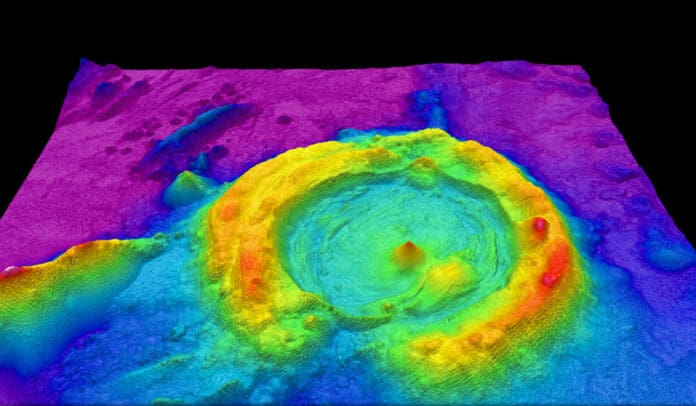This post is also available in:
 עברית (Hebrew)
עברית (Hebrew)
Security concerns are growing in the United States regarding the use of LiDAR (Light Detection and Ranging) sensors made in China, with experts warning that these sensors could pose a significant risk to national security, particularly in defense systems and critical infrastructure.
A recent report from the Washington-based think tank Foundation for Defense of Democracies (FDD) highlights the vulnerabilities associated with Chinese-made LiDAR technology. According to FDD, these sensors, which are used to collect precise spatial data, could be exploited by foreign actors, particularly China, for espionage and sabotage.
LiDAR sensors are equipped with advanced embedded processors and non-volatile memory that store critical data such as firmware and operational logs. FDD asserts that the complexity of these processors makes it possible to hide malicious code or firmware backdoors within the system—threats that could go undetected even after close inspection. These hidden vulnerabilities could allow adversaries to gain unauthorized access to sensitive systems, potentially compromising military equipment or infrastructure.
The report warns that as LiDAR systems become more prevalent in critical areas such as transportation hubs, utility grids, and defense networks, the risk of espionage and sabotage will grow. FDD also points to the use of custom silicon chips in modern LiDAR sensors, which could be engineered to include “hardware trojans”—a form of hidden vulnerability that grants external control over the sensor.
Additionally, FDD highlights the danger posed by software updates over the internet, which are often used to modify LiDAR systems. These updates, especially if they originate from unsafe countries, could introduce further cybersecurity risks.
The think tank warns that compromised LiDAR sensors could wear away confidence in the systems that rely on them, including advanced military weapons. During a conflict, malfunctioning LiDAR technology could undermine strategic decisions and military readiness, particularly in critical infrastructure systems.
FDD has recommended that U.S. lawmakers prohibit the procurement of Chinese-made LiDAR in defense equipment and state governments restrict its use in essential infrastructure. It also advocates for the creation of a secure LiDAR supply chain, with collaboration from allied nations such as Israel, Japan, and Germany.


























